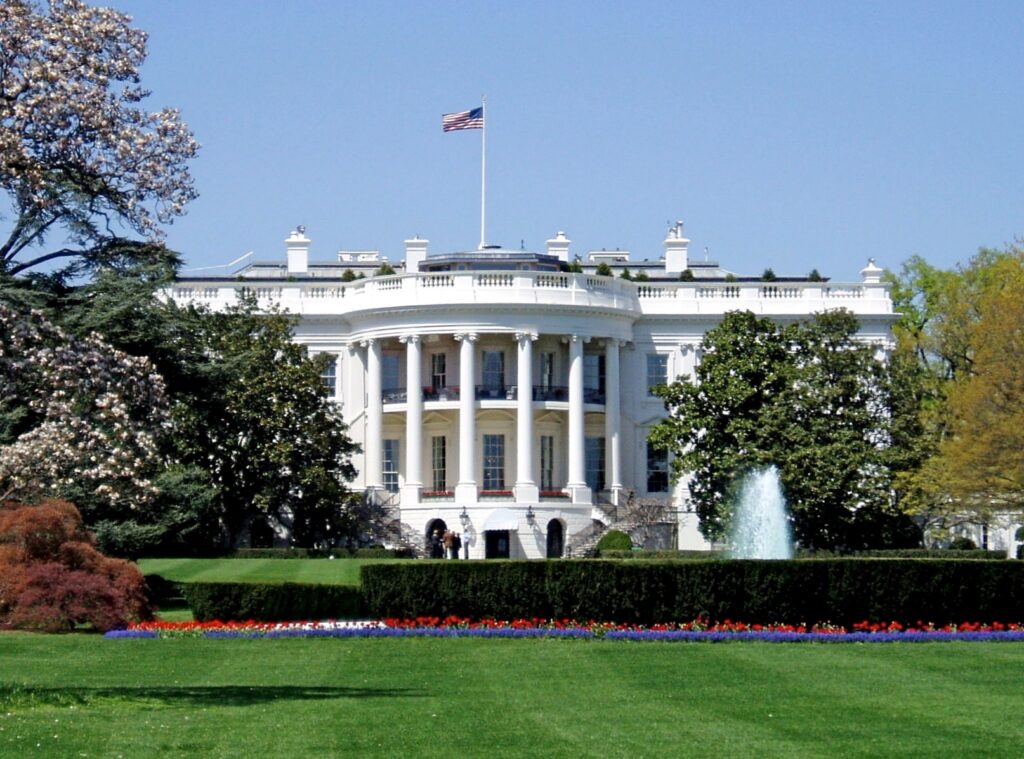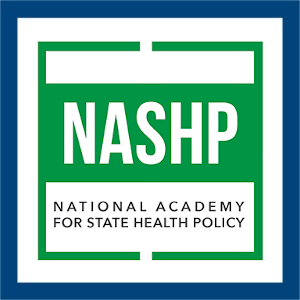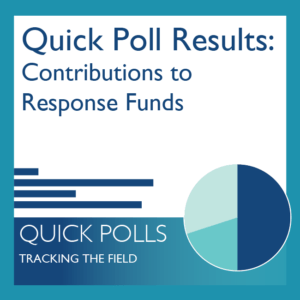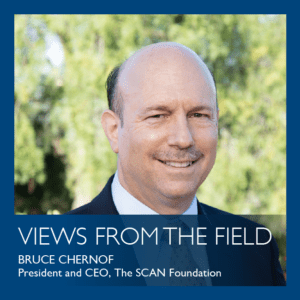The Final Reconciliation Package: Implementation of Key Provisions
On July 4, 2025, H.R. 1, the One Big Beautiful Bill Act, was signed into law. The implementation dates for key health care provisions in the law vary, with some taking effect immediately upon passage and others being implemented over several years. This resource details key dates for the implementation of the law’s most significant health care provisions.
Deadlines in Health-Related Executive Orders and Presidential Memoranda
This GIH policy resource details many of the health-related executive orders issued by the administration and includes a calendar of upcoming implementation deadlines.
Beyond the Exam Room: Impacting Health Outcomes Through Civic Engagement
August marks Civic Health Month, a time to showcase the link between voting and health and celebrate efforts that ensure every voter can support their community’s health at the ballot box. At the same time, the United States is grappling with a health care system ranked 37th globally despite consuming 17 percent of the country’s GDP. With 26 million Americans uninsured and 43 million underinsured, the gap in access to care continues to widen. This crisis will deepen as critical ACA subsidies expire at the end of 2025, potentially leaving 3.8 million more Americans without coverage, in addition to new federal cuts to Medicaid and changes to how coverage is accessed through the health insurance marketplace, which could result in as many as 20 million Americans losing their health insurance.
The National Academy for State Health Policy’s COVID-19 Action Center
The National Academy for State Health Policy’s COVID-19 Action Center offers a wealth of information on how states are tracking and responding to the coronavirus pandemic including COVID-19 data collection by race and ethnicity; updates on state testing capacity, contract tracing programs, stay-at-home orders, and re-openings; and Medicaid and CHIP strategies to protect coverage.
Quick Poll Results: Contributions to Response Funds
Quick Poll Results: Foundation Contributions to Pooled Response Funds for COVID-19 Relief and/or Recovery.
Broadening the Role of Philanthropy in Rethinking Aging
When someone turns 65, they have roughly 8,000 days ahead of them, almost a third of their life. Why are these 8,000 days so invisible?









